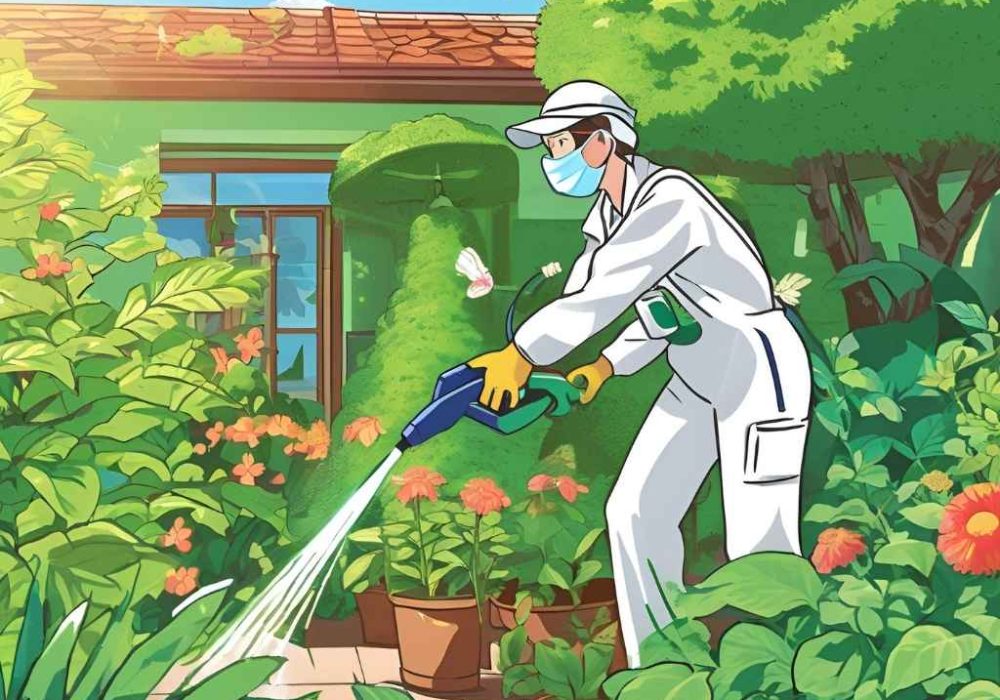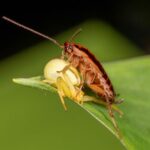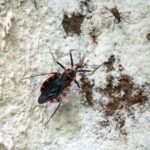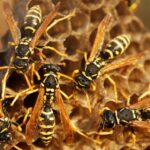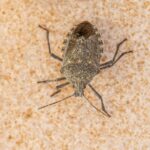Pest control management is an essential practice to protect homes and businesses from the damage and health risks associated with unwanted pests. Whether dealing with insects, rodents, or other nuisances, pest control management involves a combination of strategies designed to prevent, control, and eliminate infestations. In this post, we’ll break down what pest control in Manchester, NH entails and why it’s crucial for maintaining a safe and healthy environment.
Defining Pest Control Management
Pest control management is the process of managing and eliminating pests through inspection, prevention, and treatment. It involves a series of steps to reduce or completely remove pests from homes, businesses, and other areas. The goal is not just to deal with existing pests but also to prevent future infestations by creating an environment that is less conducive to pests.
Key Components of Pest Control Management
1. Inspection and Identification
The first step in any pest control management plan is to thoroughly inspect the property and identify the type of pests causing problems. This step helps pest exterminators in Manchester, NH determine the most effective approach to eliminate the pests. Proper identification ensures that the correct treatment method is chosen, which increases the likelihood of success.
2. Prevention
Prevention is a critical part of pest control management. It involves implementing measures to keep pests from entering your home or business in the first place. Common prevention tactics include sealing cracks, fixing leaks, removing food sources, and maintaining cleanliness. By creating an environment that is unappealing to pests, the risk of infestations is significantly reduced.
3. Treatment
Once the inspection is complete and the pests are identified, the next step is to apply the appropriate treatment. This could involve the use of insecticides, traps, or other specialized methods depending on the type of pest and the severity of the infestation. The goal is to eliminate the pests quickly and effectively while minimizing harm to people, pets, and the environment.
4. Monitoring and Follow-Up
After treatment, ongoing monitoring is crucial to ensure the problem has been resolved and that pests don’t return. Pest exterminators in Manchester, NH may schedule follow-up visits to check for any new signs of pest activity. Regular monitoring helps maintain a pest-free environment and allows for adjustments to the treatment plan if necessary.
Types of Pest Control Management Methods
1. Chemical Control
This method involves using pesticides to eliminate pests. Chemical treatments are highly effective and can target specific types of pests. However, they must be applied carefully to avoid exposure to humans and pets. Professionals ensure that chemicals are used in a safe and controlled manner.
2. Biological Control
Biological control uses natural predators or parasites to reduce pest populations. For example, introducing beneficial insects like ladybugs can help control aphids in gardens. This method is environmentally friendly and reduces the need for chemical treatments.
3. Mechanical Control
Mechanical pest control in Manchester, NH involves the use of physical methods to remove or block pests. Examples include traps, barriers, and devices like insect zappers. This approach is commonly used to control rodents, insects, and other pests without the use of chemicals.
4. Integrated Pest Management (IPM)
IPM is a comprehensive approach that combines multiple pest control methods to minimize risks to humans, pets, and the environment. It focuses on long-term prevention and uses a combination of biological, chemical, mechanical, and cultural methods to control pests.
Conclusion
Pest control management is a systematic process that involves inspecting, preventing, treating, and monitoring pest activity to protect homes and businesses from infestations. By using a variety of methods—such as chemical, biological, and mechanical control—professionals can effectively eliminate pests while minimizing risks to humans and the environment. Whether you’re dealing with a current infestation or aiming to prevent future issues, pest control management provides a long-term solution to keep your property pest-free.

